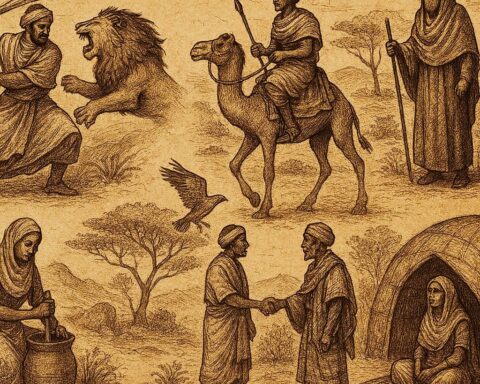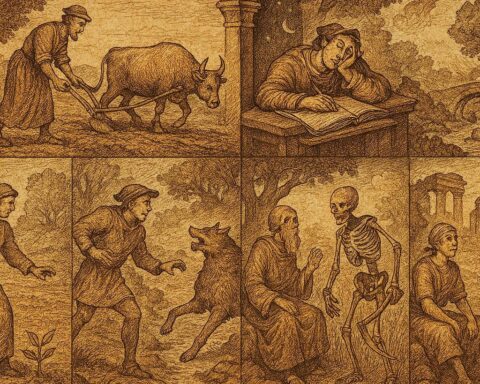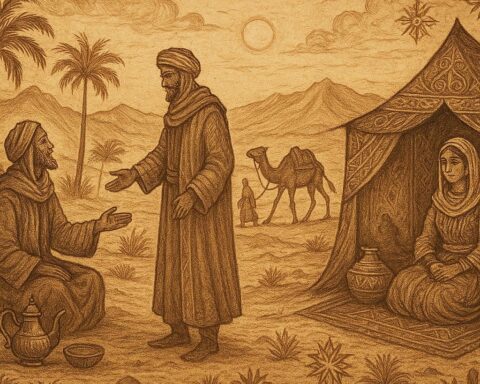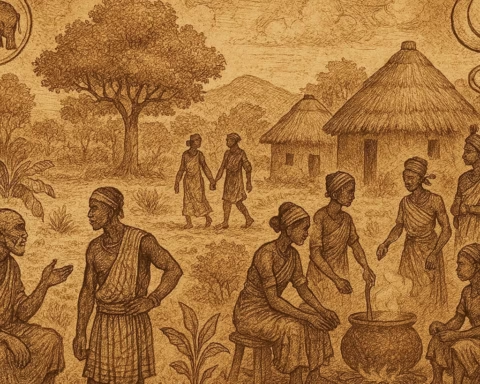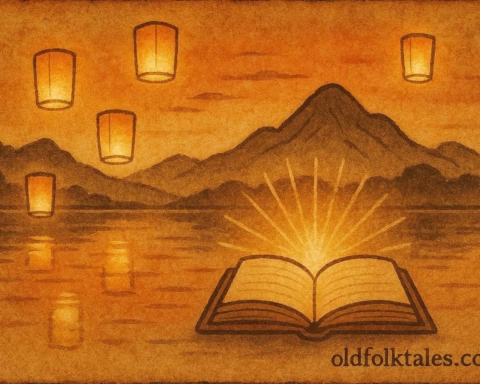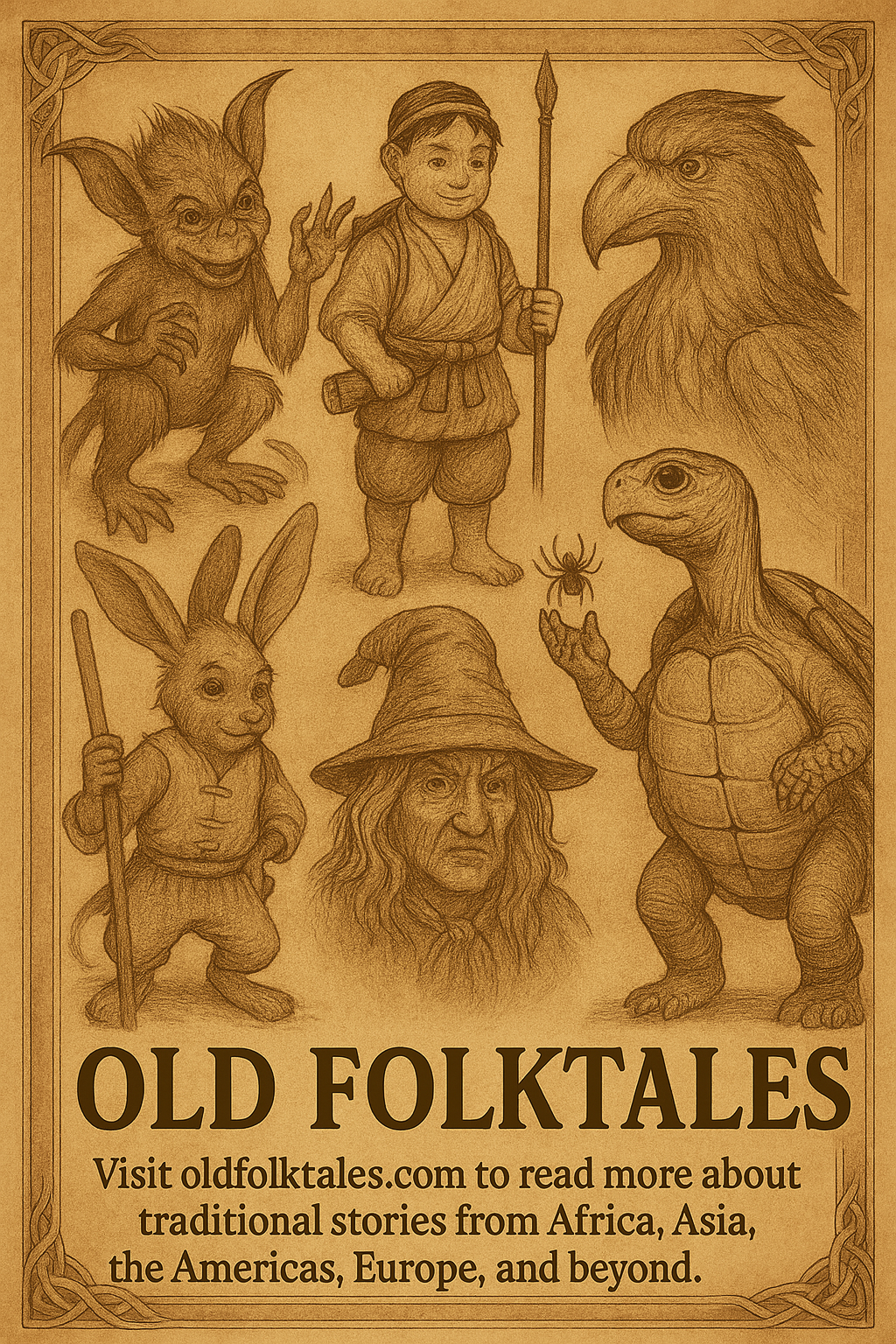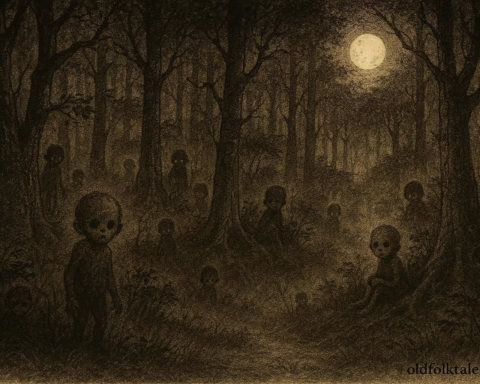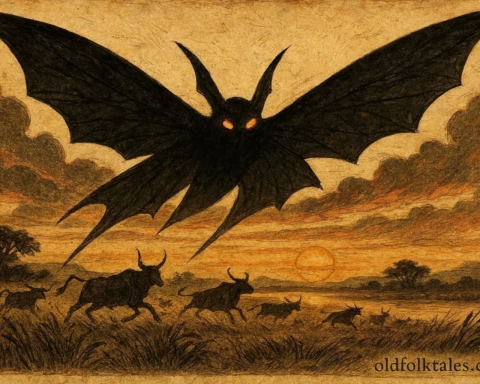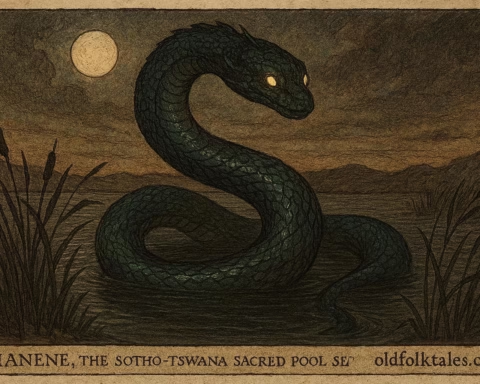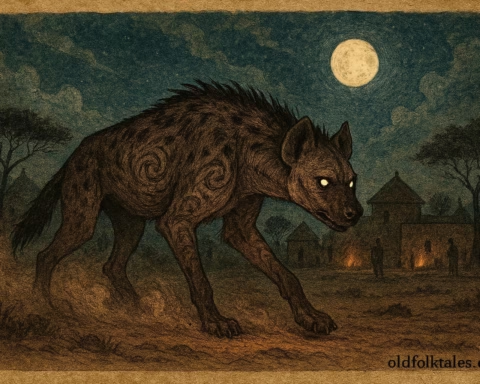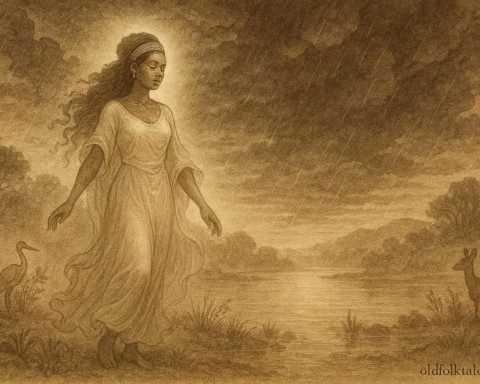The coasts of Aotearoa hold more than driftwood and shells; they hold voices. The Māori people learned long ago that the ocean was not merely water but Tangaroa, ancestor, provider, and sometimes punisher. The forests belonged to Tāne Mahuta, the winds to Tāwhirimātea. Every element was kin, and with kin came responsibility. Through whakataukī, proverbs carried by memory rather than ink, generations passed down not just words, but survival maps for the body and the spirit.
He toka tū moana, ara he toa rongonui
A rock standing in the sea, a well-known chief.
This proverb praises the leader who stands unshaken against the surging waves of trouble. In coastal villages, such a leader was as vital as the rock that breaks the swell before it reaches the shore. Fishermen and warriors alike drew strength from these words, for they spoke of resilience, of meeting the tide head-on, without falter, so the community could stand behind you without fear.
Tangaroa ara rau
Tangaroa of many paths.
To say this was to admit that no one fully controls the sea. Currents shift, tides turn, storms rise without warning. Māori fishermen spoke it before lowering their nets, acknowledging that Tangaroa has countless moods and movements. It was a reminder: if you respect the patterns of the water, you find its bounty. If you fight them blindly, you find only loss.
Ko au te moana, ko te moana ko au
I am the sea, the sea is me.
In this truth lay the very heart of Māori environmental thought. People were not separate from the ocean; they were woven into it. Every fish taken was a gift, every shell left behind a promise. Pollution was not just an insult to Tangaroa—it was an injury to oneself. These words called for balance, for living in such a way that the sea’s song would remain clear for the next generation.
He kākano i ruia mai i Rangiātea
A seed sown in Rangiātea.
Though often used to speak of noble descent, it also reminds us of the sacred origins of all life. Like a seed needing good soil and clean water to grow strong, so too do people need a healthy land and ocean. To spoil the earth or overfish the waters was to betray the seed’s divine planting. This saying kept people mindful that care for nature was care for themselves and their ancestors.
He rangi tā matawhāiti, he rangi tā matawhānui
A narrow vision sees a narrow horizon, a wide vision sees a wide horizon.
This was a navigator’s truth and a way of life. A canoe steered without thought for the long journey might never find safe landfall. Likewise, a people who think only of today’s catch risk tomorrow’s hunger. The proverb urged the community to think ahead, considering not just their own needs, but the needs of children yet unborn.
He iti wai kōwhao waka e tahuri te waka
A little water seeping through a canoe’s hole can sink it.
Every voyager knew this danger: ignore a small leak, and the sea will claim your canoe. The saying carried a larger warning, small, repeated acts of neglect toward the environment add up. Throw a little rubbish in the stream, take a little more than your share from the sea, and over time, the great canoe we all share, the Earth, can be lost beneath the waves.
These proverbs were never confined to carvings or scrolls. They lived on the tongues of elders, whispered in the ears of children as they waded through shallows, spoken across campfires while the surf roared in the darkness. In Māori life, a proverb was not idle decoration; it was law, memory, and guidance in one.
When storms battered the shoreline, these words gave courage. When the fish ran thick in the nets, they cautioned against greed. When disputes rose among the people, they called for perspective and balance. They were as fluid as the tide, yet as steady as the rock that faces it year after year.
In the modern world, where the climate warms and seas rise, the voices of these whakataukī echo more urgently than ever. They tell us to be steadfast leaders against the storms of change. They remind us to learn the countless paths of nature before we act. They make it clear that our survival is tied to the health of the waters. They remind us that life’s seed is sacred and must be nurtured. They urge us to widen our vision beyond the here and now. And they warn us that even the smallest neglect can sink the largest vessel.
Knowledge Check
1. What does “He toka tū moana, ara he toa rongonui” mean?
It compares a steadfast leader to a rock standing against the sea’s force, symbolizing resilience and protection.
2. Why is “Tangaroa ara rau” important to Māori fishermen?
It acknowledges the unpredictable paths of Tangaroa, the sea god, and encourages respect for ocean patterns.
3. What is the teaching of “Ko au te moana, ko te moana ko au”?
That humans and the ocean are deeply interconnected, and harming one harms the other.
4. How does “He kākano i ruia mai i Rangiātea” relate to nature?
It teaches that life’s origins are sacred, urging care for the land and sea that sustain us.
5. What lesson does “He rangi tā matawhāiti, he rangi tā matawhānui” give?
It stresses the importance of long-term thinking for sustainability and well-being.
6. Why is “He iti wai kōwhao waka e tahuri te waka” relevant today?
It warns that small acts of neglect can lead to major environmental damage over time.
Cultural Origin: These whakataukī come from various iwi (tribes) of Aotearoa, including Ngāi Tahu, Ngāpuhi, Te Arawa, and others. Passed down orally, they guided communities in navigating the seas, managing resources, and honoring the deep relationship between people and nature.

